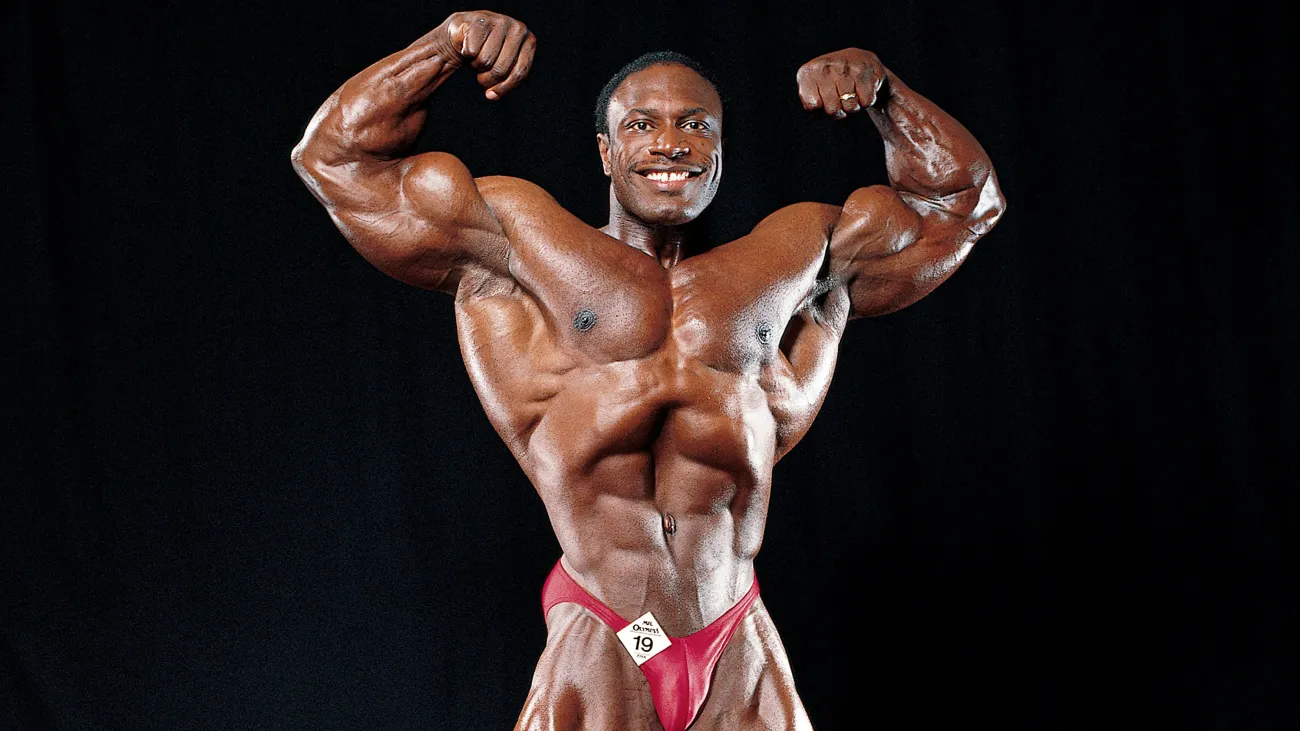Building muscle mass requires a combination of intense resistance training, proper recovery, and a well-structured diet. However, even with an optimal training routine and a high-calorie diet, supplementation can provide an additional edge. Here are the top five supplements that can help maximize muscle growth when combined with a clean, calorie-dense diet.

1. Whey Protein: The Essential Muscle Builder
Whey protein is one of the most popular and effective supplements for muscle gain. Derived from milk, whey is rich in essential amino acids, particularly leucine, which plays a crucial role in muscle protein synthesis. It is a fast-digesting protein that helps speed up recovery and provides the necessary building blocks for muscle growth.
How to Use It:
- Consume 20-30g post-workout for optimal recovery.
- Include it in your diet as a meal replacement or pre-workout shake.
- Blend it with oatmeal, yogurt, or smoothies for an extra protein boost.
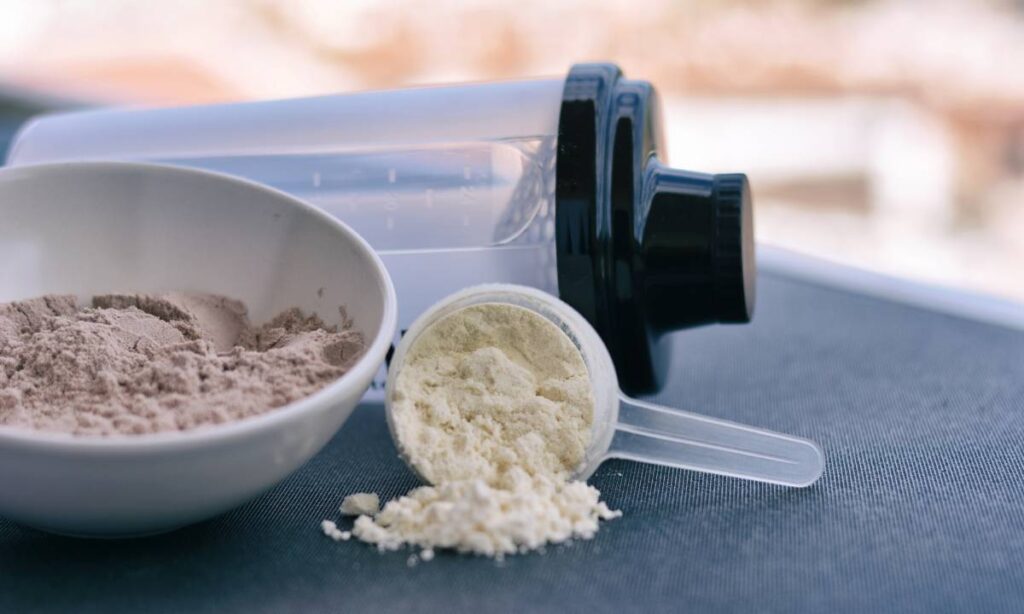
2. Creatine Monohydrate: Power and Strength Enhancer
Creatine is a naturally occurring compound in the body that helps produce ATP, the primary energy source for muscle contractions. Supplementing with creatine increases strength, power output, and overall muscle volume by enhancing water retention in muscle cells.
How to Use It:
- Take 5g of creatine monohydrate daily, preferably post-workout.
- A loading phase of 20g per day for five days can speed up saturation.
- Stay hydrated to maximize its effectiveness.
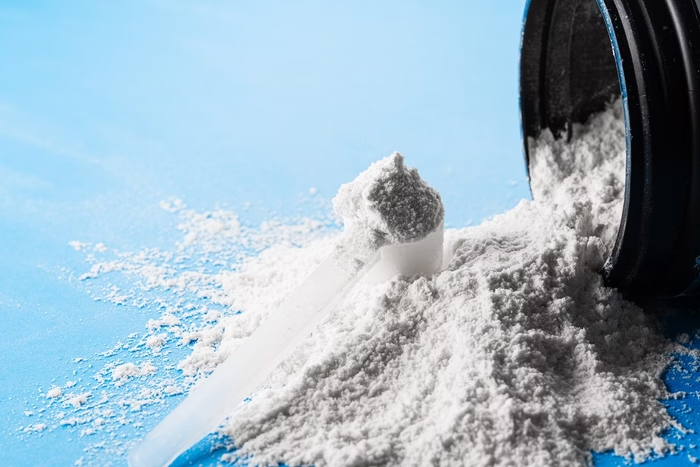
3. Mass Gainers (Hypercaloric Supplements): Fuel for Growth
Mass gainers are high-calorie supplements designed for individuals who struggle to meet their calorie needs through food alone. They contain a blend of carbohydrates, proteins, and healthy fats to support muscle hypertrophy.
How to Use It:
- Take a serving between meals to boost daily caloric intake.
- Use post-workout to replenish glycogen stores and accelerate recovery.
- Combine with whole foods like fruits or nuts to make a nutrient-dense shake.
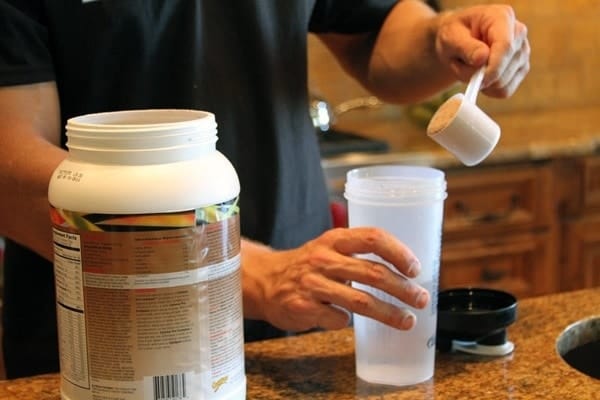
4. Branched-Chain Amino Acids (BCAAs): Recovery and Muscle Preservation
BCAAs—leucine, isoleucine, and valine—are essential amino acids that play a crucial role in muscle protein synthesis and recovery. They can help reduce muscle breakdown, enhance endurance, and promote lean muscle gains.
How to Use It:
- Consume 5-10g before or during workouts for endurance and recovery.
- Take post-workout to reduce muscle soreness.
- Ideal for fasted training or during caloric deficit phases to preserve muscle mass.

5. Omega-3 Fatty Acids: Anti-Inflammatory and Muscle Function Support
Omega-3s, primarily found in fish oil, are essential for reducing inflammation, supporting joint health, and optimizing muscle recovery. They also improve insulin sensitivity, which aids in nutrient absorption and muscle growth.
How to Use It:
- Take 1-3g daily, preferably with meals.
- Include fatty fish like salmon or mackerel in your diet.
- Choose high-quality fish oil supplements for optimal benefits.
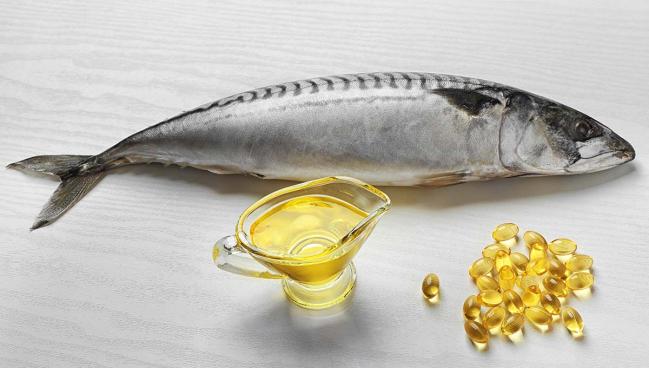
The Role of a High-Calorie Clean Diet
While supplements help, they should not replace whole foods. A high-calorie, clean diet is essential to maximize muscle growth. Prioritize nutrient-dense foods such as:
- Lean Proteins: Chicken, turkey, beef, eggs, and fish.
- Complex Carbohydrates: Brown rice, sweet potatoes, quinoa, oats, and whole grains.
- Healthy Fats: Avocados, nuts, seeds, and olive oil.
- Vegetables and Fruits: Essential for vitamins, minerals, and digestion.
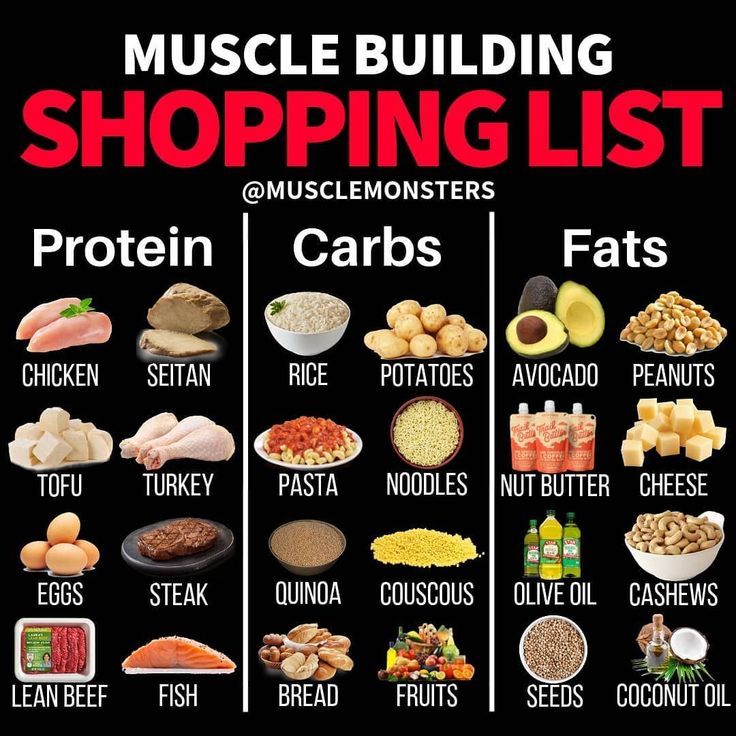
To gain muscle mass, you need a structured workout plan that focuses on progressive overload, compound movements, and sufficient recovery. Here’s a muscle-building workout plan you can follow:
Workout Plan (4-5 Days per Week)
Each workout should last 60-75 minutes, with 3-4 sets per exercise and 6-12 reps per set (optimal for hypertrophy). Rest for 30-90 seconds between sets.
Day 1: Chest & Triceps
- Bench Press – 4 sets x 6-10 reps
- Incline Dumbbell Press – 3 sets x 8-12 reps
- Chest Dips – 3 sets x 10-12 reps
- Cable Flys or Pec Deck Machine – 3 sets x 10-12 reps
- Triceps Dips or Close-Grip Bench Press – 3 sets x 8-10 reps
- Triceps Rope Pushdown – 3 sets x 10-12 reps
Day 2: Back & Biceps
- Deadlifts – 4 sets x 5-8 reps
- Pull-Ups or Lat Pulldown – 3 sets x 8-10 reps
- Bent-Over Rows – 3 sets x 8-12 reps
- Face Pulls – 3 sets x 10-12 reps
- Barbell or Dumbbell Bicep Curls – 3 sets x 10-12 reps
- Hammer Curls – 3 sets x 10-12 reps
Day 3: Legs & Abs
- Squats – 4 sets x 6-10 reps
- Romanian Deadlifts – 3 sets x 8-12 reps
- Leg Press – 3 sets x 10-12 reps
- Leg Curls (Hamstrings) – 3 sets x 10-12 reps
- Standing Calf Raises – 3 sets x 12-15 reps
- Ab Wheel Rollouts or Hanging Leg Raises – 3 sets x 12-15 reps
Day 4: Shoulders & Arms
- Overhead Shoulder Press (Barbell/Dumbbell) – 4 sets x 6-10 reps
- Lateral Raises – 3 sets x 10-12 reps
- Rear Delt Flys – 3 sets x 12-15 reps
- Barbell or Dumbbell Shrugs – 3 sets x 10-12 reps
- Skull Crushers or Close-Grip Bench Press – 3 sets x 8-12 reps
- Preacher Curls or Concentration Curls – 3 sets x 10-12 reps
Day 5 (Optional): Full-Body or Weak Points
- Focus on lagging muscles
- Compound lifts (Squat, Deadlift, Press)
- Core & Stability Work
Key Principles for Muscle Growth
- Progressive Overload – Gradually increase weight, reps, or sets over time.
- Form & Tempo – Controlled movements; slow eccentric phase (lowering phase).
- Rest & Recovery – Get at least 7-9 hours of sleep and take 1-2 rest days per week.
- Protein Intake – Aim for 1.6–2.2g of protein per kg of body weight per day.
- Caloric Surplus – Eat more calories than you burn to build muscle.
- Hydration – Drink enough water to stay hydrated and aid recovery.
Sleep is essential for muscle growth and overall recovery. Here’s why:

1. Muscle Repair and Growth
During deep sleep, the body releases growth hormone, which is crucial for muscle repair, protein synthesis, and recovery. Without adequate sleep, muscle recovery is slower, leading to less growth and increased risk of injury.
2. Testosterone and Hormonal Balance
Testosterone plays a key role in muscle development and strength. Poor sleep reduces testosterone levels, which can negatively impact muscle gains, endurance, and energy levels.
3. Protein Synthesis
Muscle-building requires efficient protein synthesis, which happens mostly during sleep. If sleep is insufficient, the body prioritizes survival functions over muscle repair, slowing down growth.
4. Cortisol and Fat Storage
Lack of sleep increases cortisol (stress hormone), which can lead to muscle breakdown and fat gain. Elevated cortisol levels interfere with testosterone and growth hormone, making it harder to build muscle.
5. Performance and Strength
Sleep deprivation leads to reduced strength, endurance, and coordination, making workouts less effective and increasing the risk of injury. Well-rested individuals perform better in the gym and recover faster.
6. Appetite and Nutrition
Poor sleep disrupts hunger hormones (ghrelin and leptin), leading to increased cravings for junk food and making it harder to maintain a muscle-building diet.
How Much Sleep Do You Need?
For optimal muscle growth, aim for 7-9 hours of quality sleep per night. Elite athletes and serious lifters may need 8-10 hours for maximum recovery.
Tips for Better Sleep & Muscle Growth
- Stick to a schedule – Sleep and wake up at the same time daily.
- Create a relaxing routine – Avoid screens, caffeine, and heavy meals before bed.
- Optimize your environment – Keep your bedroom cool, dark, and quiet.
- Limit stress – Meditation, stretching, or light reading can help.
- Avoid late-night stimulants – Caffeine and pre-workouts can affect sleep quality.
Bottom Line
If you’re serious about muscle growth, sleep should be a priority just like training and nutrition. Quality rest maximizes recovery, strength, and gains, helping you reach your fitness goals faster.
Read more about the importance of rest muscle gain: https://musclelab.blog/the-importance-of-rest-in-muscle-building-why-recovery-is-key-to-gains/
Conclusion
Combining the right supplements with a well-balanced, calorie-rich diet is the key to gaining muscle mass effectively. Whey protein, creatine, mass gainers, BCAAs, and omega-3s can significantly enhance muscle growth, strength, and recovery. However, whole foods should always be the foundation of your nutrition plan. With consistency, a strategic approach, and dedication, achieving your muscle-building goals is entirely within reach!


